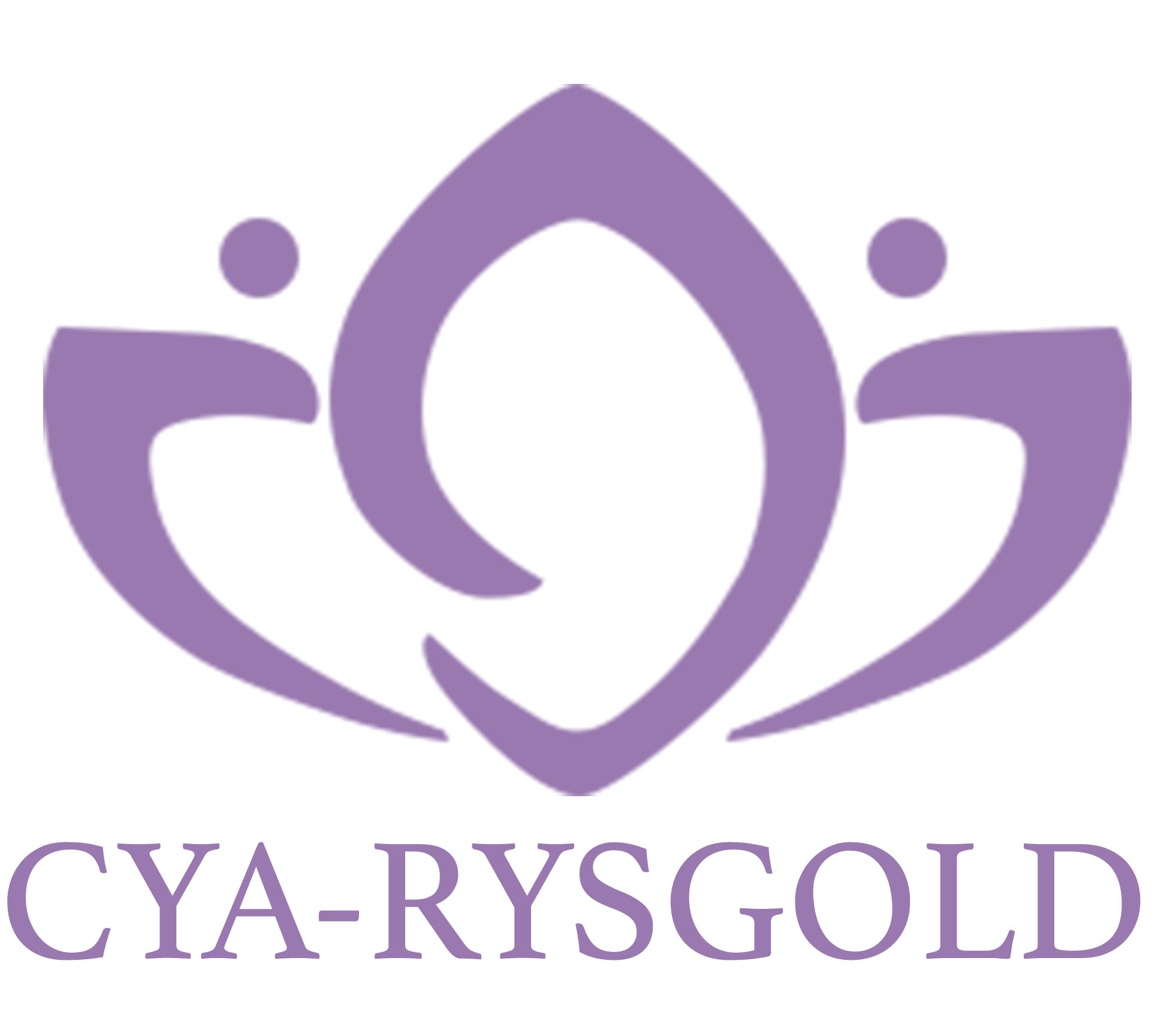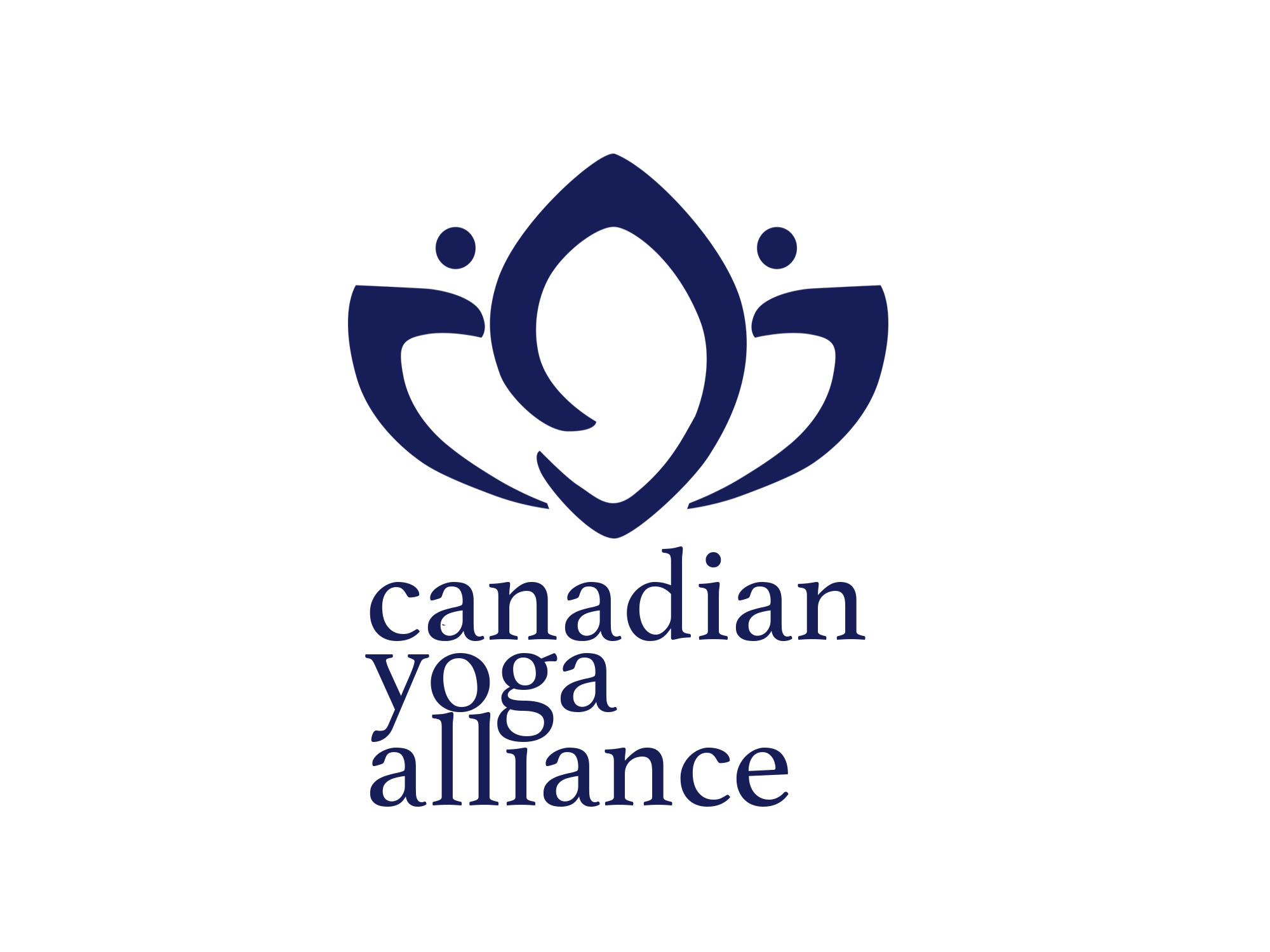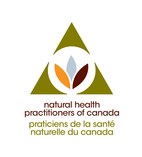Slow…Gracious…Embodied Learning
Integrative Somatic Studies Institute

Touching is a physical act, yet appropriate within the psychotherapy room only if the act of touching engages or interacts with therapy in a way that improves mental health and well-being. In an Integrative Somatic Therapy Practice™, We touch with Sensitivity, Presence, and Heart.!
Ratha Chek Tweet
150 Hrs. Integrative Touch & Bodywork Training Program
DATE March 21st., 22nd., 23rd., 2025
LOCATION: Bethlehem Spiritual Centre, Vancouver Island, British Columbia Canada, View HERE
Now Offering 150-hrs. Certificate for Touch & Bodywork in 2025
Tuition Fee TBA
Registration Opens November 15th. 2024


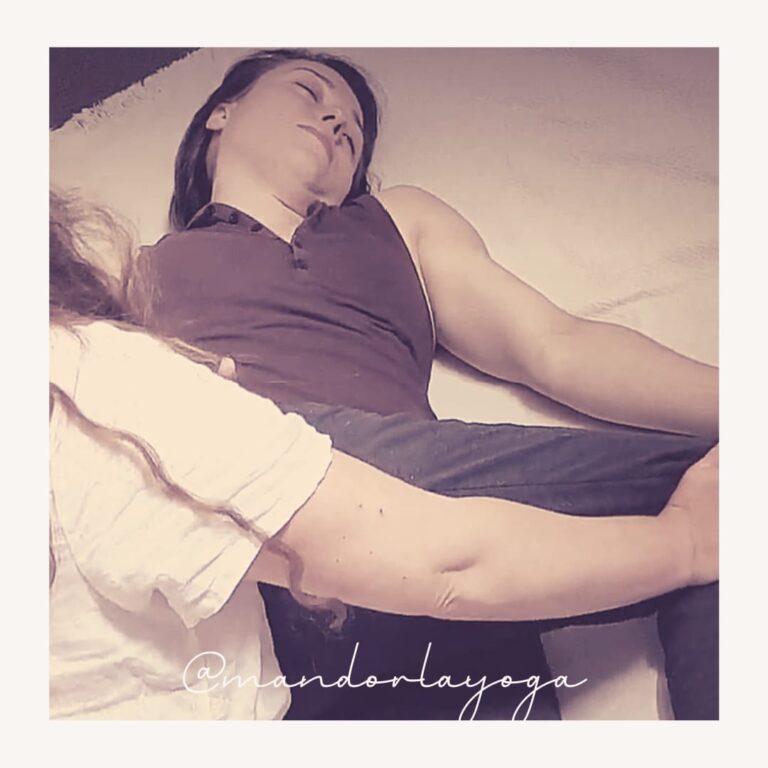
A 3-Day In-Person Experiential Training at Bethlehem Spiritual Centre, Nanaimo BC Canada
[ Arrival March 20th Departure March 24th. ]
4 nights accommodation with meals $907.50 CAD
For Students Attending Level 2 Components 1 & 2
8 nights accommodation with meals $1,815 CAD
[ Arrival March 16th – Departure March 24th. ]
Touch & Bodywork in an Integrative Somatic Therapy Practice™
TOUCH in an Integrative Somatic Therapy Practice (ISTP)™ is an important therapeutic tool in trauma work. We used touch as a resource and reparative process within a therapeutic relationship where touch had been withheld and/or used to violate. However, touch in trauma therapy is often hinged on one word: DON’T! More often than not, we are discouraged from touching our clients for fear of crossing boundaries, transference or countertransference, or allegations of wrongdoing (Older, 1977) and Wilson (1982).
Research suggests that touch support bonding and reducing experience of pain. Positive physical aspects of touch includes lifting mood in the treatment of depression, reducing anxiety, pain, relief, reduction in muscle tension, decreasing raised blood pressure enhancement of immune function, improving sleep, decreasing symptoms of sexual abuse, reducing aggression in adolescents, and improving weight gain in preterm neonates (Field, 2003; Westlanourd, 1993).
Touch in a therapeutic relationship requires experiential training, skills applications based on coherent theoretical perspective, and adequate supervision from someone who has had touch training. The challenge for therapists is that most do not have sufficient training in the specifics of touch in therapeutic practice. Additionally, touch in psychotherapy is not generally permitted under many licensing and regulatory bodies.


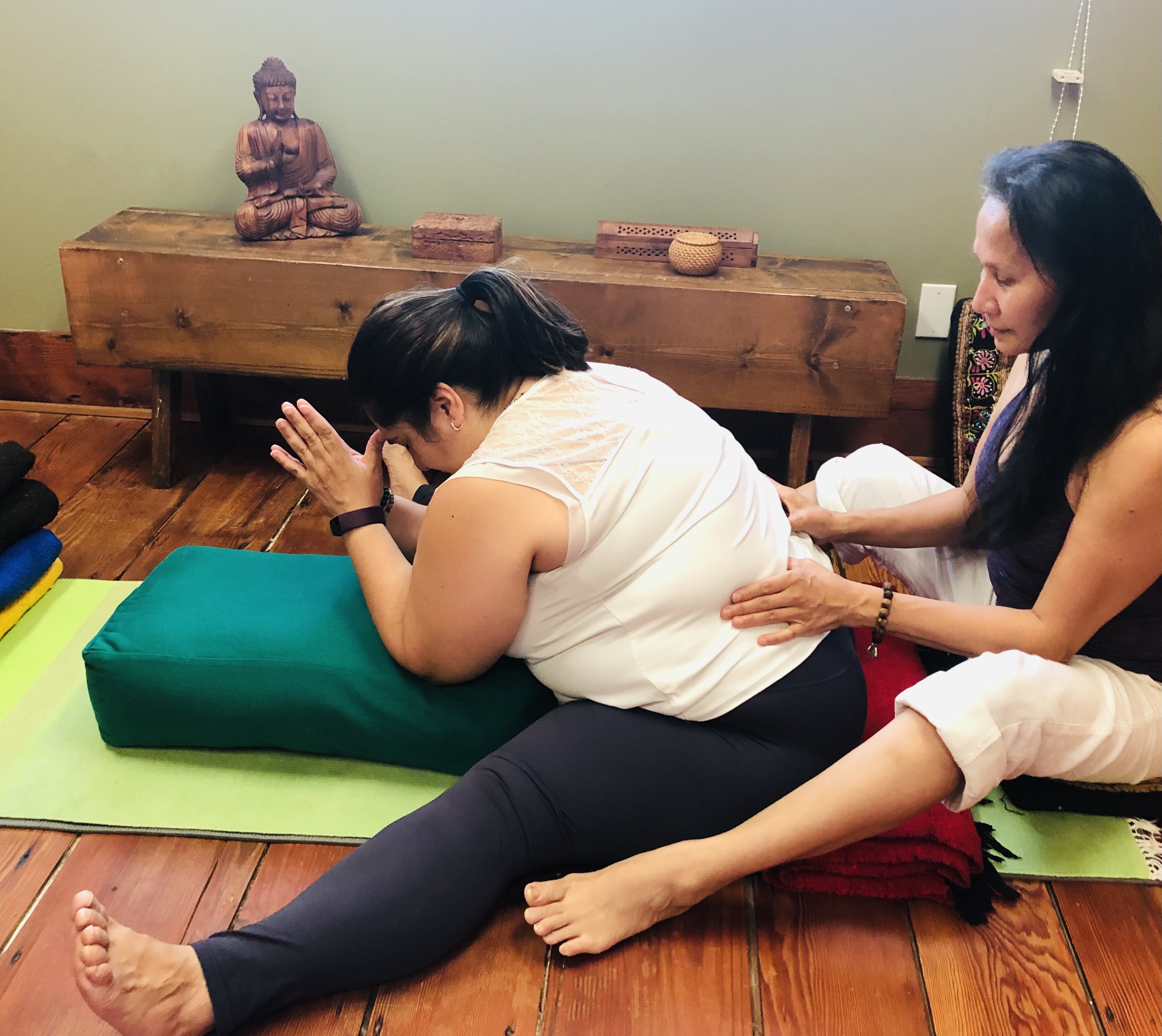

Stefani Wilton
BA, RMT, C-IAYT, CYA-YT, E-RYT500, YACEP
Yoga Therapist * Registered Massage Therapist * Somatic Therapist
Founder of Embodiment Yoga™ & the Mandorla Yoga Institute
I draw from my personal experience with trauma and my over 21 years of teaching yoga. I have traveled as far as Thailand to find the modalities that made my heart sing and integrate Massage Therapy (RMT 2200hrs), Integrative Somatic Therapy Practice (ISTP)™, Thai Yoga Massage, and Embodiment Yoga Therapy™ into my sessions. I hold a special place in my heart for neurodivergent individuals and endeavor to create a safe space for you, where you feel welcome and honoured for your strengths. I am passionate about inspiring and supporting you in reclamation, transformation, and resilience, and bringing incredible humans together. By leading with vulnerability and honesty from a place of fierce love, I help people return to their bodies.
Stefani Wilton, Founder
Ratha Chek
MA., CYT, RCC Registered Clinical Counsellor,
Developer of Integrative Somatic Therapy Practice™, Founder of Integrative Somatic Studies Institute
I have always been the type of person who are drawn to wholeness first and then then figure out the separate pieces after. For me, wholeness is what heals while separateness causes suffering. In my 25 years experience in Counselling & Psychotherapy I gained an in-depth understanding what healing entails ~ individuals moving into wholeness from separate or fragmented pieces of self. Although, most mainstream approaches continue to reinforce "separateness" For example, energy healer works with energy, physical therapists work with physical recovery, psychiatry & mental health works with psychological recovery, yoga therapists work with fascial releases and/or embodiment and so on. In my experience working with recovery, when we approach healing by treating only separate pieces of us, suffering linger. Healing calls for treating the whole person; breath, energy, tissue, physical alignment, and the nervous system.
Ratha Chek, Founder
This training is accredited with the following bodies
ACCREDITATION
